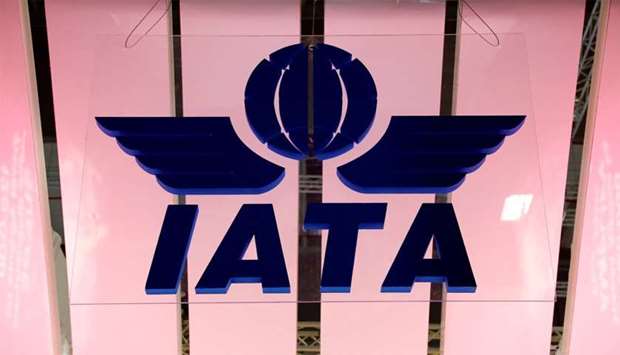Quarantine measures on arrival would further damage confidence in air travel, International Air Transport Association said and noted international travel cannot re-start under such conditions.
In a virtual media briefing on Wednesday, IATA director general and CEO Alexandre de Juniac said, “This week we have seen the UK announce a mandatory 14-day quarantine as part of its plans when easing its lockdown. There are few details about how long and under what conditions. Similarly, Spain announced a 14-day quarantine measures on arrival would be in place there until at least May 24 and possible longer.”
In a recent survey that IATA did in 11 markets, some 84% of travellers said that quarantine measures was one of their top concerns, and 69% essentially said that they would not return to travel under such conditions.
“Our top priority is to re-start this industry safely. We are proposing a series of measures that we believe will give governments the confidence to re-open their borders. It is a risk-based layered approach to biosecurity that needs to be coordinated globally.
“That’s important. The arriving country must be confident of the procedures in place at the departing airport. And travelers will need the reassurance of common measures,” de Juniac said.
In the risk-based layered system that IATA is proposing there are temperature checks and other measures at departure to keep symptomatic travelers from flying.
And a robust government managed system of health declarations and rigorous contact tracing can manage the risk form asymptomatic travelers.
“We oppose quarantine measures because the combination of these measures, if well-implemented globally, can manage the risks. We are working with ICAO and other stakeholders to put in place an agreed risk-based layered system quickly to safely and efficiently restore global connectivity,” de Juniac said.
He said, “Even in the best of circumstances this crisis will cost many jobs and rob the economy of years of aviation-stimulated growth. To protect aviation’s ability to be a catalyst for the economic recovery, we must not make that prognosis worse by making travel impracticable with quarantine measures. We need a solution for safe travel that addresses two challenges. It must give passengers confidence to travel safely and without undue hassle. “And it must give governments confidence that they are protected from importing the virus. Our proposal is for a layering of temporary non-quarantine measures until we have a vaccine, immunity passports or nearly instant Covid-19 testing available at scale,” said de Juniac.
The mutual recognition of agreed measures is critical for the resumption of international travel. This is a key deliverable of the Covid-19 Aviation Recovery Task Force (CART) of the International Civil Aviation Organisation (ICAO).
“CART has a very big job to do with little time to waste. It must find an agreement among states on the measures needed to control Covid-19 as aviation re-starts. And it must build confidence among governments that borders can be opened to travelers because a layered approach of measures has been properly implemented globally. IATA and the whole industry support this critical work,” de Juniac added.


